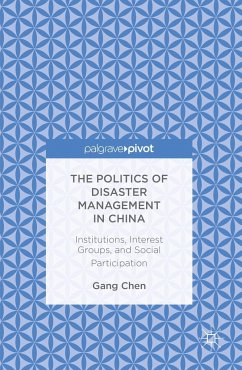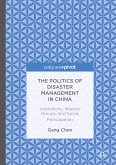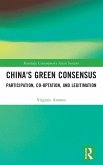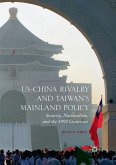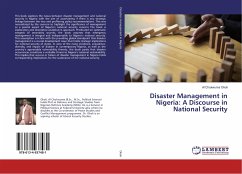In China's 4,000-year-long history and modern development, natural disaster management has been about not only human combat against devastating natural forces, but also institutional building, political struggle, and economic interest redistribution among different institutional players. A significant payoff for social scientists studying disasters is that they can reveal much of the hidden nature of political and economic processes and structures, particularly those in non-democracies, which are normally covered up with great care. This book reviews the problems and progress in the politics of China's disaster management. It analyses the factors in China's governance and political process that restrains its capacity to manage disasters. The book helps the audience better understand the dynamic relationship among various interest groups and civic forces in modern China's disaster politics, with special emphasis on the process of pluralization, decentralization and fragmentation.
Bitte wählen Sie Ihr Anliegen aus.
Rechnungen
Retourenschein anfordern
Bestellstatus
Storno

